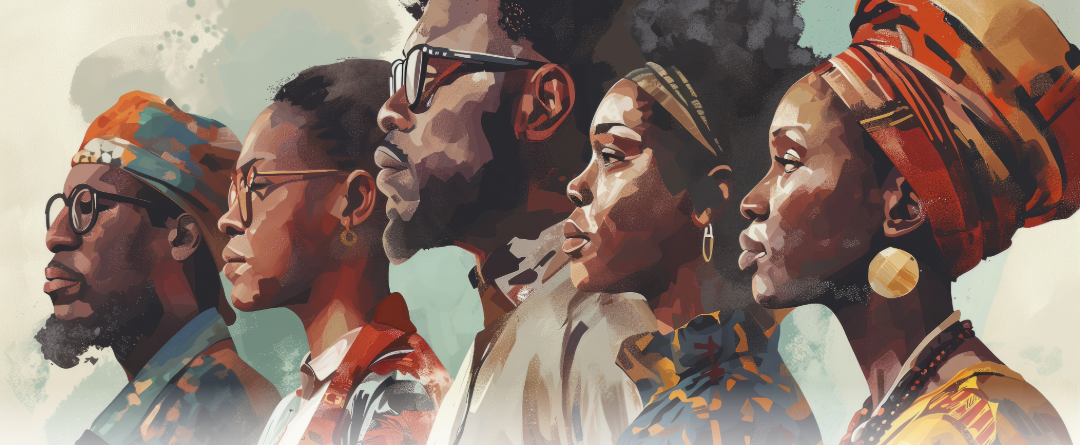Black History and Mental Health
The Nystrom & Associates provider consulted for this article on Black History and Mental Health was Jade Richter, LPCC & DBT Therapist.
This month, we take time to honor the rich history and contributions of Black Americans. But at the same time, we want to acknowledge the unique mental health challenges many folks in the Black community face. According to the National Alliance of Mental Health (NAMI), only one in three Black Americans with a mental illness receive treatment.
Today, we’ll explore both the Black community’s resilience as well as the specific mental health challenges they face. We’ll also share some resources created specifically for the Black community.
Overcoming Systemic Barriers
The Black Community has faced centuries of systemic discrimination, leading to higher rates of poverty, trauma, and mental health disparities. Yet, they also possess incredible resilience, finding hope even in the face of adversity. This kind of strength is awe-inspiring, and it’s such an important asset when it comes to finding healing.
Jade Richter, DBT Therapist, puts it like this:
For many Black individuals, the only way to ensure their survival is to become resilient. The Black community faces systemic racism in most aspects of American life, including mental health, and yet they constantly work to better themselves and their community. The Black community’s willingness to seek therapy is a true testament to their resiliency.
Related: PTSD & EMDR
Black Community Mental Health Barriers
Unfortunately, there are a lot of barriers preventing many members of the Black community from finding that healing. Things like stigma and discrimination can prevent members of the Black community from getting the help they need.
For example, they may face:
- Lack of access to culturally competent mental health care
- Fear of being judged or discriminated against
- Financial barriers to mental health care
- The belief that mental health issues are a sign of weakness
These factors can help explain the heart-breaking disparity. They were a motivating factor for Jade to become a therapist.
One of the many reasons why I chose to enter the mental health field was because of the lack of BIPOC providers. The number of times clients are unable to find a Black therapist pains me. I wish my schedule allowed me to see more of them.
So, how can we bridge the gap?
Related: LGBTQIA+ Communities & Mental Health
Finding Providers Who Understand the Black Experience
One of the best ways to ensure members of the Black community can find quality care is by locating providers who understand their cultural background and experiences. Having a therapist who shares your lived experience can make a world of difference.
Jade emphasizes just how crucial having a therapist who can relate to you is:
Research shows that a client’s relationship with their therapist is crucial to successful treatment. When Black clients have a therapist who is culturally competent and understands their lived experience, they're able to focus on getting better.
Related: So You’re Starting Therapy: Here’s What to Know
A Word from Nystrom & Associates
This month let’s celebrate Black history and achievements and work towards a future where mental health care is easy to access for everyone. Not just in February, but every month.
Remember, you are not alone. If you find yourself struggling and you’re not sure what to do, please reach out! Call 1-844-NYSTROM or request an appointment online, and we’ll work to match you with a person who shares your lived experience and can help you become the best version of yourself.






